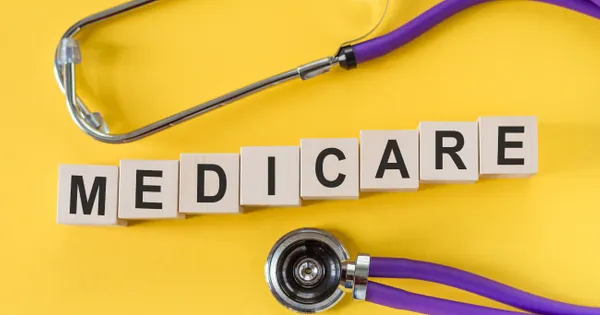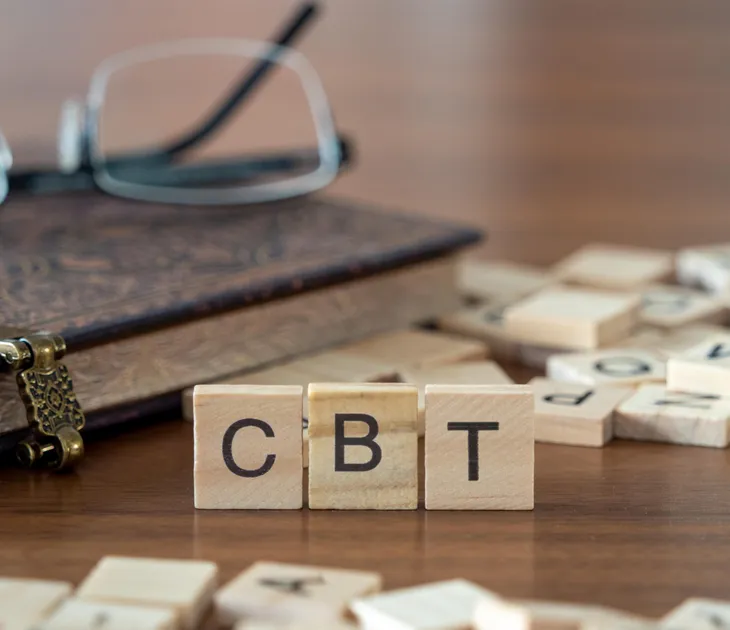Substance abuse disorders can destroy lives and increase the cost of health care. Data from Medicaid suggests that people suffering from addiction may need twice as much medical care as people who don’t have substance abuse problems. The cost of treating these disorders is also high, which is why it’s now covered under many health insurance plans.
This guide reviews what substance insurance is and who qualifies for it. If you or a loved one is suffering from an addiction, seeking help is the most important step you can take.
What Is Substance Insurance Used For?
One reason many people don’t seek help when battling addiction is they can’t afford rehab or therapy. The Affordable Care Act made mental health an essential health service, and substance abuse is covered under mental health care.
Health insurance plans on the marketplace are required to cover this type of care, so anyone who wants mental health coverage can shop for plans through their state’s health care marketplace. Some work-sponsored plans also offer mental health coverage, so check your insurance policy to see if you already have substance insurance.
What Does Substance Insurance Cover?
Every state has different insurance regulations, and what’s covered may vary from one plan to the next. The Affordable Care Act ensures that insurance companies cover the following services:
- Sessions with a behavioral cognitive therapist, social worker, psychologist, or psychiatrist
- Your stay at a rehab facility within the insurance company’s network of approved providers
- Referrals to mental health specialists
- Some support and outpatient services you may use following a stay at a rehab center
What Is Dual Diagnosis Care?
Some common substance abuse disorders include addictions to street drugs and alcohol. Rehabilitation centers are discovering it’s easier to treat these disorders if they can identify the underlying causes of the addiction. Triggers may include anxiety, past trauma, depression, stress, and self-esteem issues. Many treatment centers offer help with what’s called dual diagnosis.
Dual diagnosis is the treatment for a substance abuse disorder at the same time you’re receiving care for a mental health disorder. Diagnosing and treating both can result in better outcomes.
How to Treat an Alcohol Problem
The National Institute of Health believes that alcoholics lack the ability to control their impulses due to a mental health disorder rather than a lack of willpower. If an individual is unable to stop drinking even when understanding the potential consequences of their actions, they suffer from alcohol abuse disorder. Studies suggest that alcoholics return to drinking after short periods of sobriety due to their brain chemistry.
Alcohol abuse disorder can be treated with continuous behavioral cognitive therapy to develop coping mechanisms and a strong support system people can turn to when they’re tempted to use.
12 Step Program Alternatives
Substance abuse rehabilitation is not one-size-fits-all, and there are many non-12 step options available, including:
- Cognitive Behavioral Therapy (CBT): This evidence-based treatment helps individuals understand and modify problematic behaviors associated with substance abuse.
- Self-Management and Recovery Training (SMART): This program emphasizes learning skills to cope with present and future challenges of substance abuse.
- Motivational Interviewing: This strategy increases a person’s motivation to change and can be particularly effective for those resistant to change.
- Holistic Treatments: Techniques like meditation, yoga, and acupuncture can aid recovery by reducing stress and anxiety, common triggers for substance abuse.
Shutterstock: shaneinsweden
Seeking Help for a Narcotics Addiction
Roughly 71,000 people succumb to drug overdoses every year. Opioid medications are one of the leading causes of drug-related fatalities in the United States. Some drugs are sometimes prescribed for severe pain, but patients may become dependent on them by the time they feel better.
It’s better to seek professional help for a narcotics addiction than to attempt to stop on your own because withdrawal symptoms can be painful and sometimes dangerous. There are medications that have been developed to help people suffering from narcotics withdraw safely as they wean themselves off.
Treating Prescription Medication Abuse Problems
Opioids aren’t the only prescription medications that can be habit-forming. Everyone reacts to medications differently, and some people don’t realize they’re addicted to medication until it no longer works the way it should or their doctor attempts to prescribe something else.
Some stimulants as well as many medications developed to treat mental health disorders are commonly abused. Doctors need to decide if the risk of addiction is worth the possible benefit when prescribing these medications. If you become addicted, you may need professional help to wean yourself off the medication safely.
Addiction to Illegal Street Drugs
People addicted to these substances have an intense need to return to them. It can ruin their relationships with friends, family members, and colleagues as they act with increasing desperation to obtain more drugs.
Street drugs tend to be associated with crime and violence as well. Abusers may participate in illegal activities and drag associates under with them. There’s an increased risk that drugs bought on the street are laced with toxic chemicals too. Helping people with an addiction to street drugs can save and change lives.
Medicare Is Here To Help
Both Original Medicare and Medicare Advantage plans can provide coverage for substance abuse treatments. Original Medicare covers inpatient care (Part A), outpatient care (Part B), and if enrolled separately, prescription drugs (Part D).
Medicare Advantage Plans (Part C) must cover everything Original Medicare covers, and most include prescription drug coverage. However, costs can vary greatly, so it’s advised to directly consult with your plan provider to understand the specific coverage and out-of-pocket expenses.
 Shutterstock: Fox_Ana
Shutterstock: Fox_Ana










